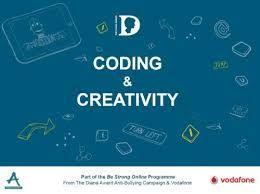

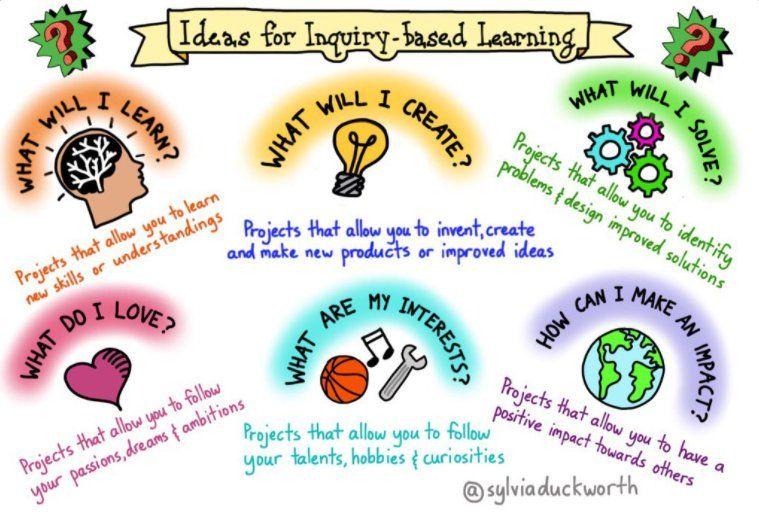
Learning Spaces can make a Difference!
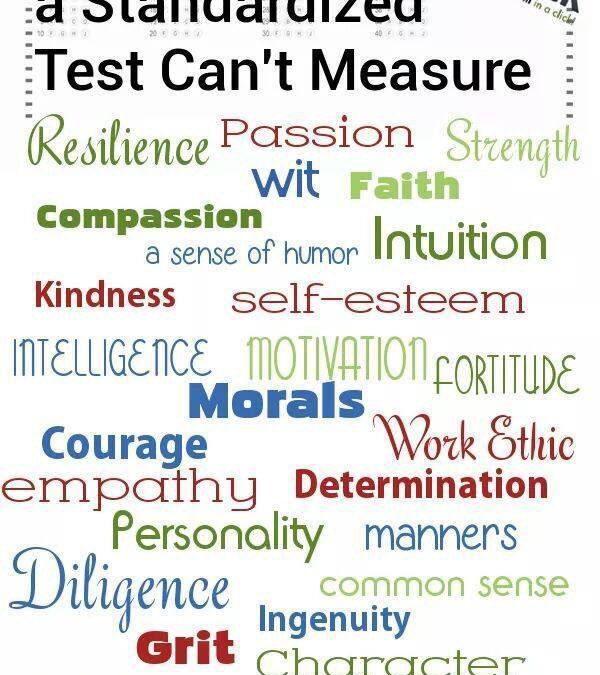
School system needs ‘urgent change’ – experts
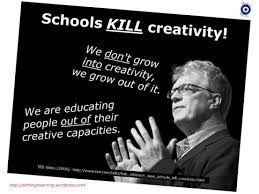
Constructing School Timetables in a 21st Century World
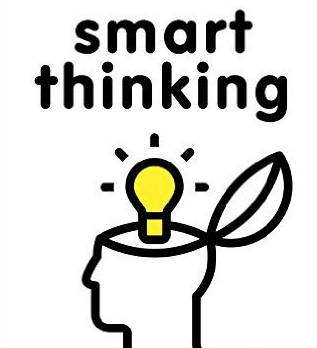
Smart Thinking
Our students are graduating into a world with very different demands compared to the past, as a result of globalization, technological development and the changing nature of work. Programmes need to focused on developing key 21st-century skill-sets in our students, such as entrepreneurship, problem-solving, collaboration and innovation. Our students’ learning experiences need to be built on the principles of STEAM (Science, Technology, Engineering, Arts and Mathematics) and the Maker Movement (the creating, tinkering and sharing of ideas). Introducing new electives in mobile phone app development and computer game design can assist in this. Let our students “invent” encourage them to be entrepreneurial while studying science, technology, engineering, art and maths. It allows students to think creatively and innovatively, with coding as a strong focus.
Programmes need to connect our students to all elements of STEAM and focuses them on design thinking. They need to work collaboratively to bring ideas to life. From concept to design and development, marketing to distribution and sales, an “Invent” programme can be relevant to their futures,” Partnerships with Xero and Telstra are examples where Code Clubs formed at both the junior and senior school, with experts from each organization running weekly coding workshops.
